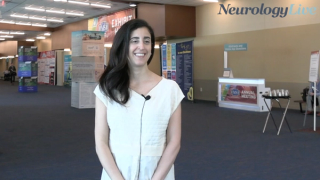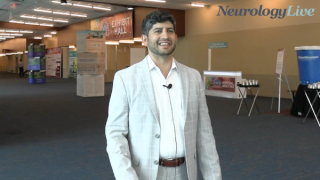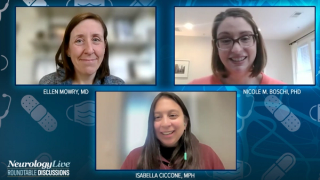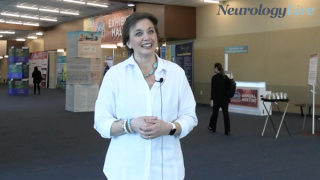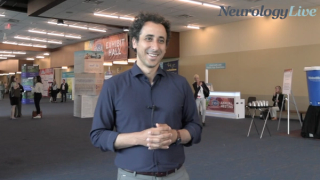
Multiple Sclerosis
Latest News

Higher Levels of Postpartum Depression in Women With MS Raise Importance for Screening Efforts

Real-World Analysis Shows Growing Use of Octave’s MS Disease Activity Test in Clinical Practice
Latest Videos

CME Content
More News

Helius reported promising results for its Portable Neuromodulation Stimulator, enhancing gait and balance in poststroke patients, with FDA submission planned.

Navigating insurance hurdles for multiple sclerosis treatments poses significant risks, as seen in a patient's devastating relapse after denied care.

A recent study reveals a decline in multiple sclerosis progression rates, highlighting the impact of improved treatments and the need for ongoing innovation in care.

Helius Medical Technologies expands access to its PoNS device for patients with MS as Aetna joins major payers in coverage, enhancing treatment options.

The director of the John A. Schafer, MD Multiple Sclerosis Achievement Center at Dignity Health discussed the effect of loneliness and social isolation on individuals living with multiple sclerosis.
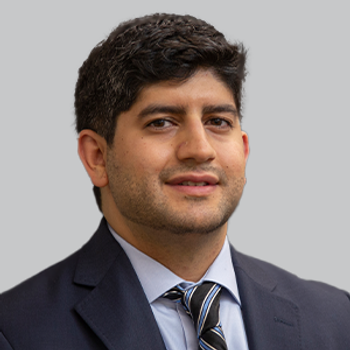
Sam Hooshmand, DO, assistant professor of neurology at the Medical College of Wisconsin, discussed the complexities of defining, diagnosing, and managing advanced MS.
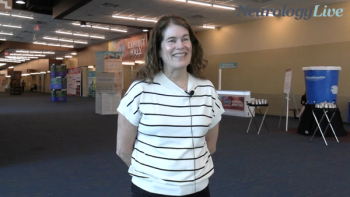
The associate vice president of research at the National MS Society discussed a growing research initiative focused on defining and promoting evidence-based psychosocial wellness strategies for individuals with MS. [WATCH TIME: 6 minutes]

Ahmed Abdelhak, MD, assistant professor of neurology at the UCSF, discussed the evolving landscape of biomarkers in multiple sclerosis and their potential to transform remyelination approaches.
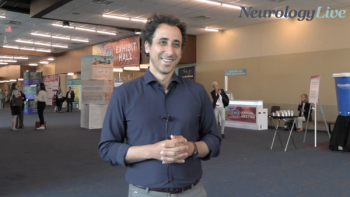
The assistant professor of neurology at the University of California, San Francisco discussed current advancements and ongoing challenges in identifying biomarkers to accurately monitor remyelination in MS clinical trials. [WATCH TIME: 5 minutes]

The associate vice president of research at National MS Society talked about the need for evidence-based wellness strategies in multiple sclerosis, particularly focusing on psychosocial interventions.
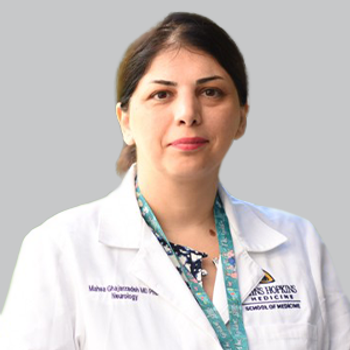
Findings from a late-breaking poster presented at CMSC 2025 suggest that CBT does not improve fatigue severity or impact in patients with multiple sclerosis.
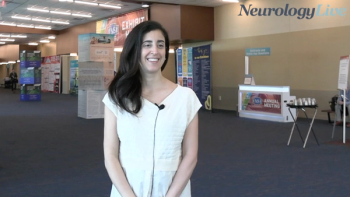
The assistant professor in the Department of Neuroscience at Université de Montréal discussed key clinical factors influencing DMT selection in patients newly diagnosed with multiple sclerosis. [WATCH TIME: 5 minutes]

Recent analysis confirms cladribine's safety for multiple sclerosis, showing no increased pregnancy risks and effective long-term outcomes in patients.

New long-term data reveals ponesimod's effectiveness in reducing relapses and MRI lesions in relapsing multiple sclerosis patients, ensuring safety over 8.2 years.

Neurologists advocate for personalized treatment approaches in older MS patients, emphasizing the importance of individual assessment over age-based rules for DMT discontinuation.
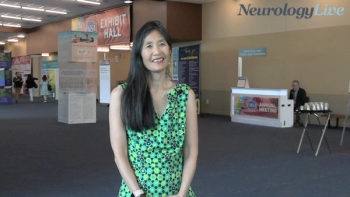
The professor of pediatrics in neurology at the University of Toronto discussed differences in disease course, treatment strategy, and trial challenges of MOG-associated disorders in pediatric versus adult patients. [WATCH TIME: 5 minutes]

BTK Inhibitor Fenebrutinib Demonstrates Long-Term Suppression of MS Activity in Open-Label Extension
Fenebrutinib shows promising results in reducing relapse rates and disability progression in relapsing multiple sclerosis patients over two years.
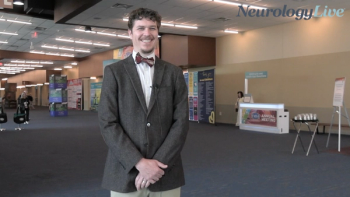
The assistant professor of neurology at Barrow Neurological Institute talked about the lack of public awareness for hypertension among individuals with MS despite many meeting diagnostic criteria. [WATCH TIME: 6 minutes]

A recent study reveals that patients on ofatumumab experience fewer worsening MS symptoms compared to those on ocrelizumab, enhancing treatment stability.
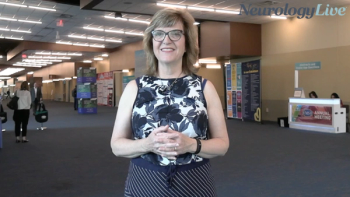
Starting Comprehensive Multiple Sclerosis Care at Initial Diagnosis: Mary R. Rensel, MD, FAAN, ABIHM
The associate professor of medicine at the Cleveland Clinic Lerner College of Medicine highlighted the importance of early, multidisciplinary intervention for patients with multiple sclerosis. [WATCH TIME: 3 minutes]
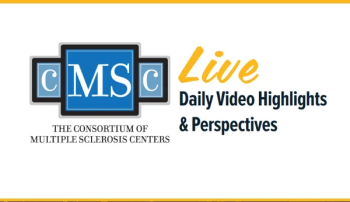
Host Jeffrey Wilken, PhD, chats with Riley Bove, MD, about the third day of the 2025 CMSC Annual Meeting in Phoenix, Arizona.

A newly presented analysis of data from the Novartis Global Safety Database and the PRIM study assessed pregnancy and infant outcomes in women with multiple sclerosis treated with ofatumumab.
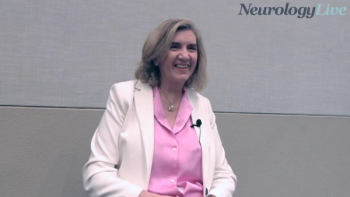
The vice chair of neurology at the Hospital Clínico San Carlos in Madrid highlighted the growing importance of detecting and managing progression in multiple sclerosis, particularly PIRA. [WATCH TIME: 6 minutes]

A study reveals long-term fumarate therapy significantly reduces infection-related healthcare utilization in multiple sclerosis patients compared to anti-CD20 treatments.

Host Jeffrey Wilken, PhD, chats with Anthony Feinstein, MPhil, PhD, FRCP, about the second day of the 2025 CMSC Annual Meeting in Phoenix, Arizona.




